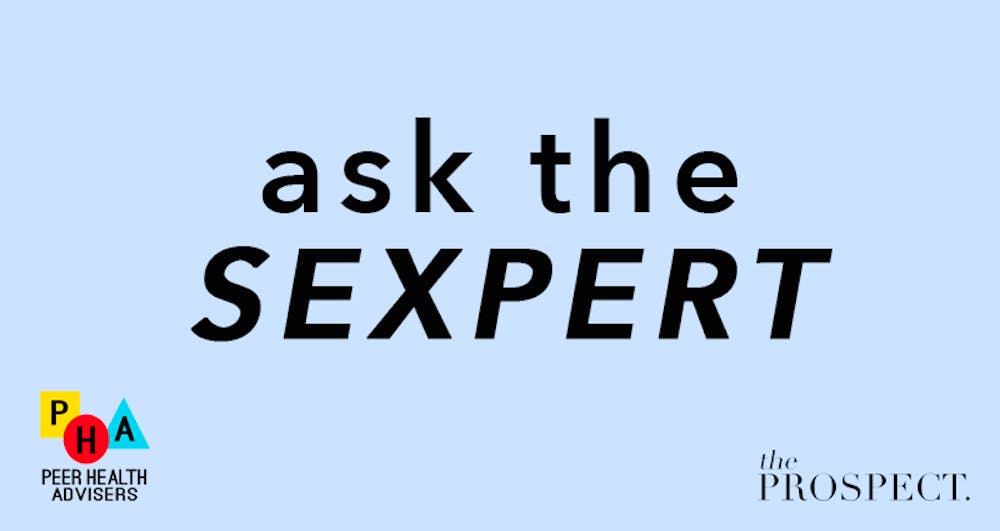Dear Sexpert,
I’ve been looking into taking better care of my sexual health lately. My friend mentioned that she went to see her gynecologist recently, and I was wondering when I should start seeing a gynecologist?
Sincerely,
Gynecologically Inspired
Dear Gynecologically Inspired,
Thank you for your question! In short, it really depends on your unique needs and medical history. Gynecologists are excellent resources for in-depth and specialized knowledge and care for individuals with any of these reproductive organs: vagina, cervix, uterus, fallopian tubes, and ovaries. They provide services such as breast and pelvic exams to look for any abnormal growths, a Pap test (which checks for abnormal cell growth on the cervix), tests for sexually transmitted infections (STIs), and can provide advice about contraceptives and prescriptions for birth control.*
The current recommendation from the American College of Obstetricians and Gynecologists (ACOG) is that patients see a gynecologist as early as at 13 years old. A first visit can help to address concerns or questions related to the menstrual cycle, hygiene, contraception, etc. and to establish a comfortable relationship. A preventative annual visit is recommended (and covered by many insurance plans) for established patients for visual breast exam and external pelvic examination. It is during this time that the patient may ask questions, discuss concerns, or receive prescriptions for birth control methods. For more information about the preventative screenings that might be conducted during a visit, check out one of our older articles.
It is not until age 21 that getting a Pap test regularly is recommended, regardless of sexual history. So, if you are not already going annually, this might be a good age to start seeing a gynecologist. How frequently you get a Pap test from there is dependent on your age, medical history and previous test results. For example, generally healthy 21–29 year olds may only need a Pap test every 3 years. Your healthcare provider can tell you what is appropriate for you.

However, if you are sexually active, it might be a good idea to start seeing a gynecologist earlier than 21, so you can be prepared and well-informed about your sexual health and ways to lower your health risks. Anything that seems to be out of the ordinary is also reason to see a gynecologist — for example, discovering a lump in your breast, pain during sex, painful or debilitating menstrual cycles, or any sign of infection in your genital region.
On campus, seeing a gynecologist might not be an option, but the same services provided by most gynecologists can be found at University Health Services! The list of services and instructions for scheduling an appointment can be found on the UHS website. The Sexual Health and Wellness services at UHS cater to all patients, and, unlike many gynecologists, also offer specialists in LGBTQ+ health. They can perform annual exams, Pap tests, and STI screens; provide birth control prescription and counseling; and investigate any additional health concerns.
As always with health concerns, it is better to be safe and have your questions answered and concerns addressed, and UHS health care professionals are here for that reason!
Sincerely,

The Sexpert
*Note: Pap tests and other examinations can be done by practitioners with other credentials, including nurse practitioners.
Information for this article was obtained from the Mayo Clinic Website, the UHS Website, Planned Parenthood, and old Sexpert columns.
The Sexpert is a biweekly column done in collaboration between the Prospect and the Peer Health Advisers (PHA program). For more information, you can visit the Sexpert’s website. If you are interested in submitting a question, you can email sexpert@princeton.edu.








